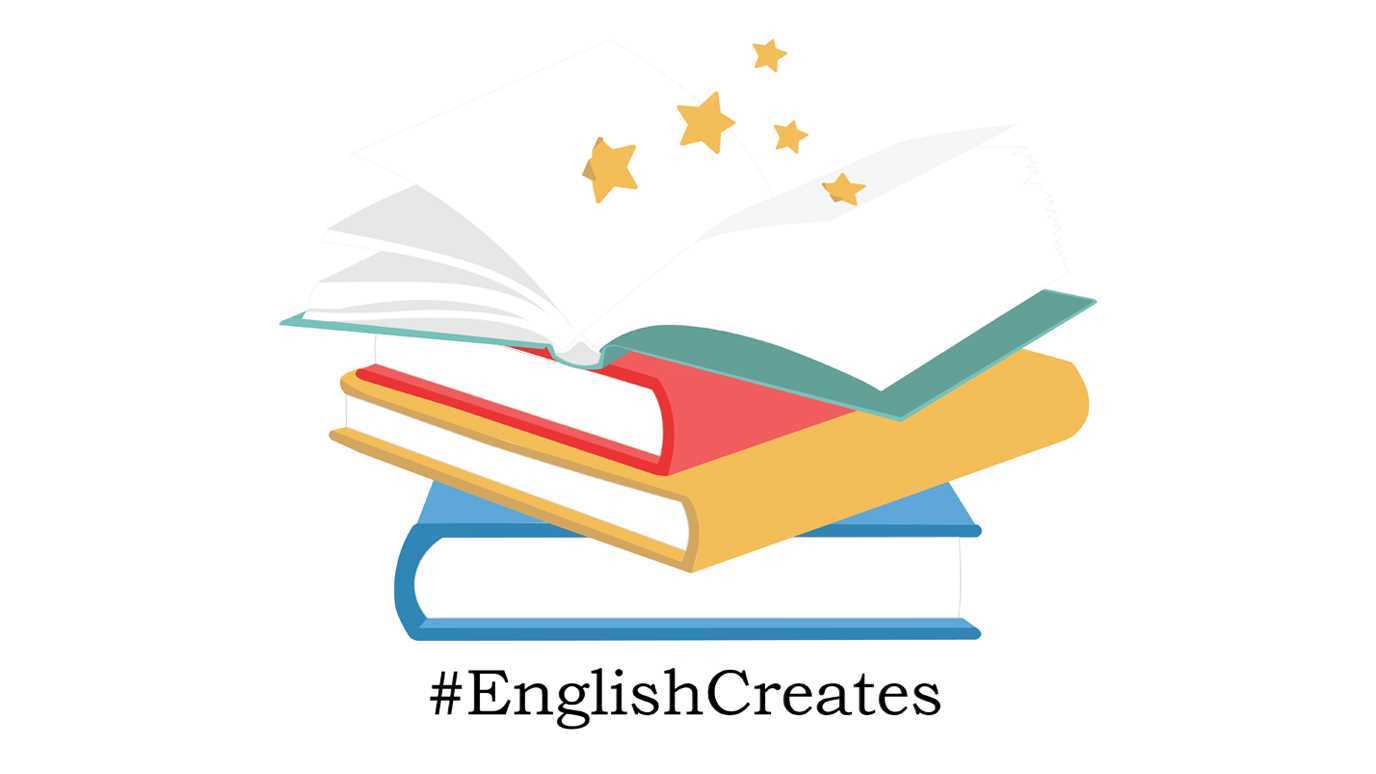An academic at Royal Holloway is taking their research on non-consensual sharing online of private sexual images (PSIs) to the Law Commission, due to the existing laws not being fit for purpose.

In recent years, the sharing of PSIs, also considered as intimate based sexual abuse (IBSA), has expanded and causes multiple harm to victims, including those who have had images altered and shared online, known as deepfakes.
The research, by Dr Aislinn O’Connell, lecturer in law from the Department of Law and Criminology at Royal Holloway, looks at the legal mechanisms available to those whose images have been shared, to demand their removal from online. It concludes with recommendations on new ways the law can protect those whose sexual images have been uploaded online more effectively and who struggle to get them taken down.
The research suggests two incremental expansions to current law: clarity on joint authorship and an expansion of image rights to cover private sexual images.
This will greatly increase the protections available to those whose images are shared online, and more effectively enable takedown of PSIs from online.
The research also investigates copyright, which is an effective tool for removal of non-consensual images from online. Where the subject of the image is also the photographer, the copyright is automatically held by the subject, and thus the rights of distribution and reproduction that are inherent in copyright are also owned by them.
Enforcing those rights gives the subject the ability to request the removal of an image from where it has been made available and seek damages for that distribution. This also applies to websites and website operators.
Dr Aislinn O’Connell said: “The law as it stands isn’t fit for purpose and currently, there isn’t a single criminal offence in England and Wales that regulates the taking, making and sharing of intimate images without consent, and this needs to change.
“My research shows that an introduction of a free-standing image copyright would open avenues of new redress to victims of IBSAs, and provide a solution to people who are the victim of deepfakes.
“It would also reduce the confusing patchwork of solutions available to victims of image-sharing by bringing all forms of intimate image-sharing under a single, encompassing umbrella right, and empowering victims of IBSA to assert their rights and demand removal of their private images from online.
“At present, victims of image-sharing, particularly image-sharing where the subject was not the author of the work, find themselves without adequate legal avenues to protect their privacy and request removal of images or videos from online.
“This is why I am taking my recommendations to the Law Commission.”
Dr O’Connell’s work coincides with Former Justice Minister Paul Maynard and Former Digital Secretary Jeremy Wright asking the Law Commission in June 2019 to examine whether current legislation is fit to tackle new and evolving types of abusive and offensive communications, including image-based abuse, amid concerns it has become easier to create and distribute sexual images of people online without their permission.
The review, which will be launched shortly, will consider a range of disturbing digital trends such as ‘cyber-flashing’ – when people receive unsolicited sexual images of someone over the phone – and ‘deepfake’ pornography – the degrading practice of superimposing an individual’s face onto pornographic photos or videos without consent.
The move builds on government action in recent years to better protect victims and bring more offenders to justice, including making ‘upskirting’ and ‘revenge porn’ specific criminal offences.
The review will also consider the case for granting automatic anonymity to revenge porn victims, so they cannot be named publicly, as is the case for victims of sexual offences.
























